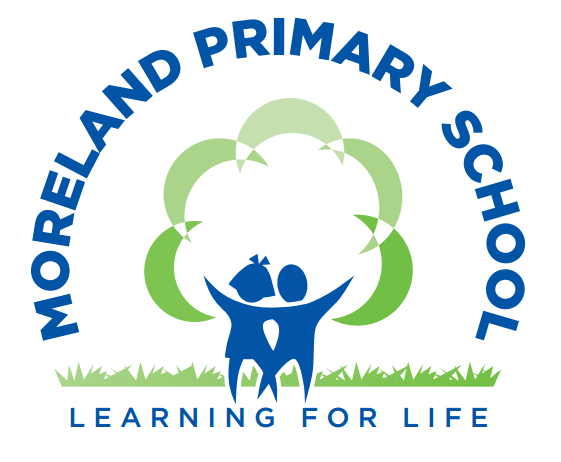Useful Information
Communication between Home and School
Positive and effective communication between home and school is vital to children's success in education. We aim to work in partnership at all times with parents and carers and value the input that you give us. We know that family members know their children best and are their primary educators.
We have a number of ways of communicating with families. These include:
Face-to-Face Conversations - Teachers are available at the end of the day for an informal chat. If you require a longer conversation, please speak to the school office or the class teacher to arrange this. If you wish to speak to another member of staff this can also be arranged via the school office by telephone or emailing admin@morealnd.islington.sch.uk.
Home School Online Communication - We use Tapestry in the EYFS and Class Dojo in Year's 1-6 to keep in touch with parents and update you on what is going on in class. It is also possible to contact the class teacher through Class Dojo but please be aware teachers will only check and respond to messages during working hours.
Parent Mail - All parents are registered with Parent Mail and this is how the school communicates written information with all families. You can also make payments for trips and uniform through Parent Mail. If you need any support using Parent Mail please see Danielle on reception who can help you.
Parent and Carer Evenings - These are held in the Autumn and Spring Terms and we expect all parents/ carers to attend as this is an important meeting about your child's learning and development. In the summer term we have a drop in parent and carer evening which you can attend if you wish to discuss anything in your child's end of year school report.
Social Media and the School Website - You can keep up to date with what has been going on in school through our website and social media platforms.
Monthly Newsletter - This is sent out via Parent Mail and has information about what is coming up in School and information on events, what children are learning and new initiatives. Copies of newsletters can also be found on the school website.
What happens if a parent or carer has a concern about their child in relation to the school?
A key value of our school is respect and we ask that family members treat all staff with respect at all times. We understand that sometimes you may have a concern about your child and we welcome conversations with parents and carers. The steps below outline what to do if you have a concern.
- Initially contact the class teacher.
- If the concern remains, contact the Key Stage Phase Leader (0-3’s - Charmaine, Nursery and Reception – Caroline, Years 1 and 2 – Lauren, Years 3 - 6 - Ms Milner or Sophie).
- If still unresolved, you should contact the Headteacher prior to following the steps outlined in the schools Complaints Policy (which can be found on the school website or in the school office/reception area).
We have a Parent and Carer Code of Conduct which can be found below that outlines the expectations around respectful communication. We have an expectation that staff can always feel safe in their place of work and the school will take action when this Code of Conduct is not adhered to. Compassion is one of our school values, and we hope that as a community we can treat each other with kindness and understanding at all times even during conversations that might be difficult or emotive.
Home Learning
Here are some useful sites and apps to help your child learn at home.
|
|
|
|
|
|
|
|
|
|
Information for Parents and Carers
-
Parent View
Parent view allows you to share your opinion of your child’s school.
Keeping Children Safe
-
CEOP
News and articles surrounding internet safety.
-
Think You Know
Great advice to keep children safe whilst using the internet.
-
Parent Information
Expert information to help children and young people stay safe online.
-
UK Safer Internet Centre
E-safety tips, advice and resources.
-
NSPCC Safety Online
Helpful advice and tools you can use to help keep your child safe whenever and wherever they go online.
-
Childnet International
Parents and Carers information to keep your child safe online.
-
Action for Children
Action for Children supports and speaks for the UK's most vulnerable and neglected children and young people.








